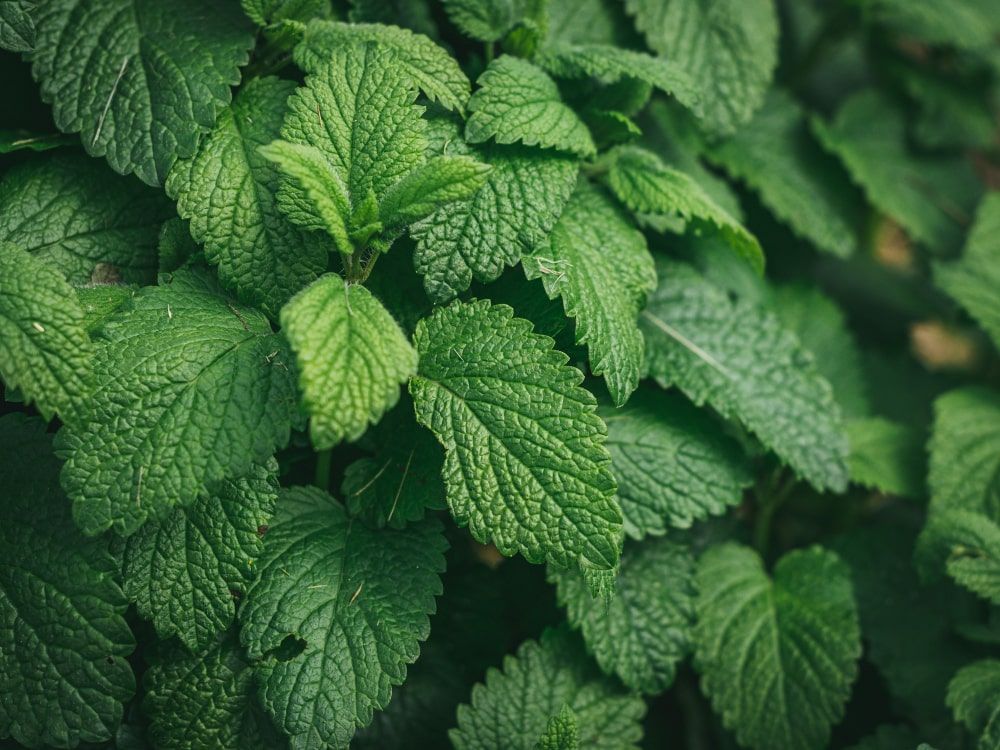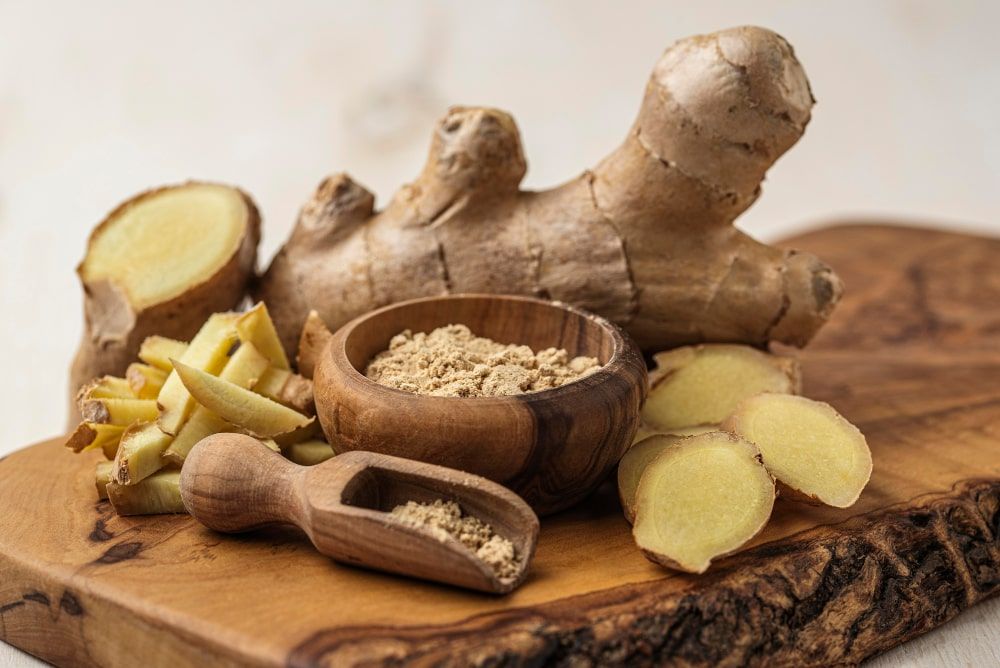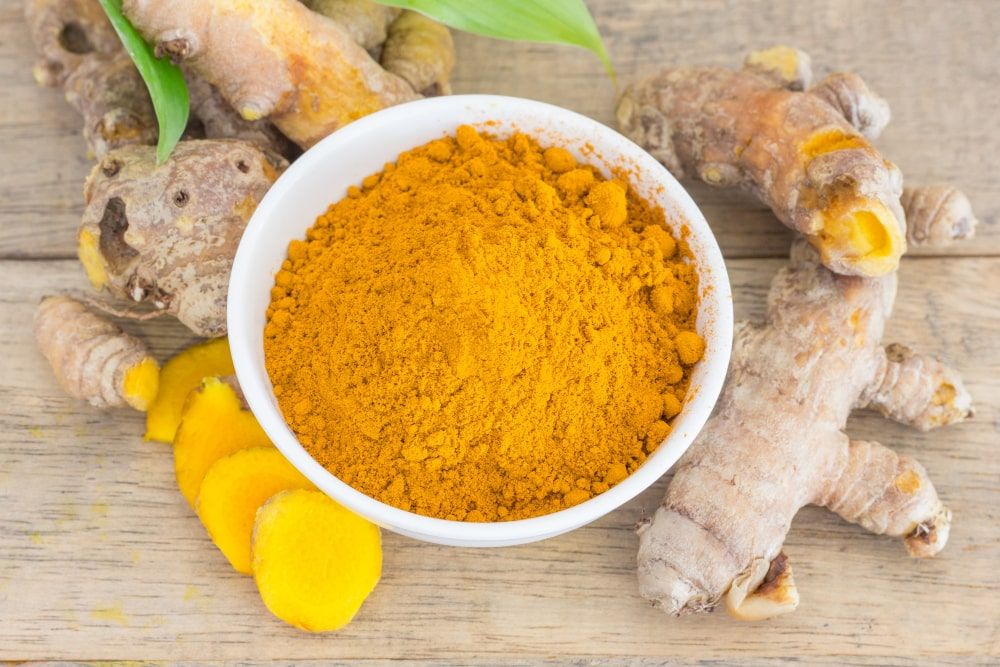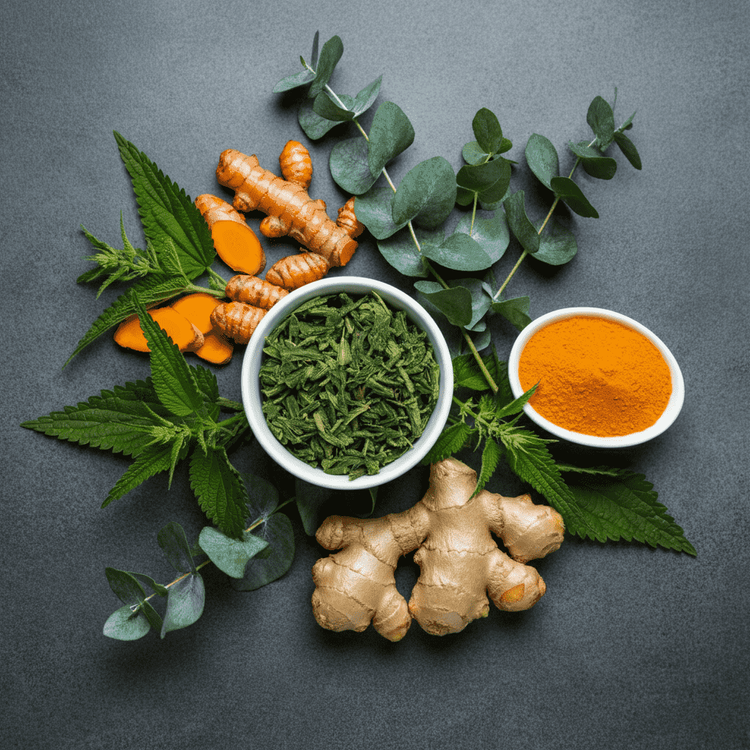Do you often find yourself suffering from allergies? Have you tried various over-the-counter medications with little to no effect? If so, you may now consider turning to herbal remedies for allergy relief. These natural solutions can help alleviate your allergy symptoms without the harmful side effects of traditional medications.
I have seen many people suffer from allergies in my life, and it is often unbearable. Yes, allergies are one of the most common health problems that people face globally. In fact, according to the Asthma and Allergy Foundation of America, more than 50 million Americans suffer from some form of allergy every year.
Today, I'll share some herbal remedies that can help provide relief from allergies. If you follow these remedies regularly, you'll likely see a significant improvement in your allergy symptoms.
You may also need: Herbal Remedies for Hair Growth: A Natural Solution
Why I Need to Rely on Herbal Remedies for Allergies
There are several reasons why you might consider using herbal remedies for allergies instead of relying solely on medications. Main reasons include:
- Avoiding side effects: Many allergy medications have potential side effects, such as drowsiness, dry mouth, and headache. These side effects can be bothersome and negatively impact daily life.
- Cost: The cost of allergy medications can quickly add up, especially if you suffer from severe allergies that require daily treatment. Herbal remedies can often be more cost-effective than constantly purchasing medication.
- Long-term effects: Some studies have suggested that long-term use of certain allergy medications may lead to potential health issues, such as liver or kidney damage. Herbal remedies can provide a safer option for managing allergies in the long run.
- Natural ingredients: Herbal remedies often use natural ingredients, making them a more appealing option for those who prefer to avoid synthetic chemicals.
- Personalization: Herbal remedies can be personalized and customized to address an individual's unique allergies and symptoms. This personalized approach can lead to more effective results for managing allergies
Natural Herbal Remedies for Allergies
Now you might be wondering how to choose the right herbal remedy for your allergies. Here are some natural herbal remedies that have been known to help with allergies:
1. Nettle Leaf

The first herbal remedy that can help with allergies is nettle leaf. This herb has been used for centuries to treat allergies due to its anti-inflammatory properties. Nettle leaf can help reduce the histamine response in your body, which is what causes allergy symptoms.
Most commonly, nettle leaf is consumed as a tea or in capsule form. It can also be used as a natural nasal spray for allergy relief. For best results, start taking nettle leaf a few weeks before allergy season begins.
In addition to managing allergy symptoms, nettle leaf is also known to have other health benefits. This means that incorporating this herb into your daily routine can not only reduce your allergies but also improve your overall well-being.
2. Eucalyptus

Eucalyptus is another common herbal remedy for allergies. It contains compounds called cineole and limonene, which have anti-inflammatory properties that can help alleviate nasal congestion and respiratory symptoms. An easy way to use eucalyptus for allergy relief is to use its essential oil in a diffuser. But purchase a high-quality, pure eucalyptus essential oil to avoid any adverse reactions.
Eucalyptus leaves can also be drunk as tea or taken in capsule form. It's important to note that eucalyptus should not be used by those with high blood pressure or pregnant women.
I remember as a child, whenever I had a stuffy nose or cough due to allergies, my mother would make me eucalyptus tea. It always provided instant relief and helped me to breathe easier. If you are looking for a natural and effective way to combat allergies, give eucalyptus a try. You may be pleasantly surprised by its healing properties.
3. Butterbur
Butterbur is a plant that has been used for centuries in traditional medicine to treat respiratory conditions, such as allergies and asthma. The scientific name for it is Petasites hybridus, and it’s part of the daisy family.
It has been found to contain compounds that have anti-inflammatory and antihistamine effects, making it a promising natural remedy for allergies. If you suffer from seasonal allergies, butterbur can provide relief by reducing symptoms of sneezing, a runny nose, and itchy eyes.
However, one thing to keep in mind when using butterbur is that some parts of the plant contain compounds called pyrrolizidine alkaloids (PAs), which can be toxic to the liver. Therefore, it’s crucial to only use commercially prepared products where these PAs have been removed. You can find butterbur products in the form of capsules or tablets, as well as liquid extracts.
4. Ginger

Ginger is my favorite natural remedy for allergies. Not only is it easily accessible and affordable but it also has numerous health benefits. Ginger contains gingerol, a compound that has anti-inflammatory and antihistamine properties. This makes it effective in reducing allergy symptoms such as sneezing, itching, and congestion.
How to Use Ginger for Allergy Relief
There are several ways to incorporate ginger into your allergy relief routine. But my personal recommendation is to take it in the form of ginger tea. Here's an easy recipe for making your own ginger tea at home:
Ingredients:
- 1 inch piece of fresh ginger
- 1 cup of water
- Juice from half a lemon
- Honey (optional)
Instructions:
- Peel and finely chop the ginger piece.
- Boil the water in a saucepan and add the chopped ginger.
- Allow it to simmer gently for 5 to 10 minutes. The longer you let it simmer, the stronger that ginger flavor gets.
- Strain the tea into a cup and add lemon juice to taste. If you want a touch of sweetness, you can add a little honey.
5. Turmeric

Turmeric is a well-loved spice that’s been used for ages in traditional medicine and cooking. It has a warm, slightly bitter taste and is known for its bright orange color. But did you know that turmeric is also a powerful herbal remedy for allergy relief? Yes, this spice has anti-inflammatory properties that can help alleviate symptoms caused by allergies.
If you suffer from seasonal allergies or allergic reactions to certain foods, turmeric may be a natural and effective solution for you. There are many ways to incorporate turmeric into your daily routine to manage allergies. You can take it as a supplement, mix it in with your food, or even make a soothing turmeric tea.
All of these methods can help reduce inflammation in the body, which is a common symptom of allergies. So I suggest that instead of reaching for medications with potential side effects, try incorporating turmeric into your routine first.
When Should I See a Doctor for Allergy Symptoms?
While some people experience mild allergy symptoms that can be treated at home, others may require medical intervention. If your allergies are severe and causing persistent discomfort, it is always a good idea to consult with a doctor. They can help determine the cause of your allergies and provide you with a proper treatment plan. Here are the most common signs that you should see a doctor for your allergy symptoms:
- Your allergies are interfering with your daily activities, such as work or school.
- You have a fever and other flu-like symptoms in addition to allergy symptoms.
- Your allergies are not improving with over-the-counter medications and herbal remedies.
- Your symptoms are becoming more severe or frequent, even with the use of allergy medication.
- Experiencing difficulty breathing or wheezing may indicate asthma brought on by allergies.
- You suspect that your allergies are triggered by an underlying medical condition.
It is important to note that while some people may experience mild allergy symptoms that can be managed at home, others may require medical intervention.
Final Words
As you can see, there are various herbal remedies available that can provide relief from allergy symptoms. All these remedies are backed by research and have been used for centuries to treat allergies.
If you are considering trying out herbal remedies for your allergies, be sure to consult a healthcare professional beforehand. Keep in mind that herbal remedies aren’t for everyone and might interact with some medications.
After some care and experimentation, you can find an effective herbal remedy that works for your allergies. Along with these remedies, also maintain a healthy lifestyle by eating a good diet, exercising regularly, and reducing stress levels. These steps can
Frequently Asked Questions
Where can I find quality herbal remedies?
You can find herbal remedies at health food stores, online retailers, or herbal wellness shops. Look for certified organic products and trusted brands to ensure quality and purity.
Can children use herbal remedies for allergies?
Some herbal remedies may be safe for children, but it’s critical to get advice from a pediatrician before use to ensure safety and correct dosage.
How long does it take for herbal remedies to work on allergies?
Some people experience relief within hours, while others may take a few days or even weeks to see results. It's important to be patient and consistent with the use of herbal remedies for allergies.
Can herbal remedies replace allergy medications?
While herbal remedies can provide significant relief, they may not fully replace prescription allergy medications, especially in severe cases. But they can be great complementary therapies to help manage symptoms and reduce the need for medication.
Read More: How to Grow Medicinal Herbs at Home




